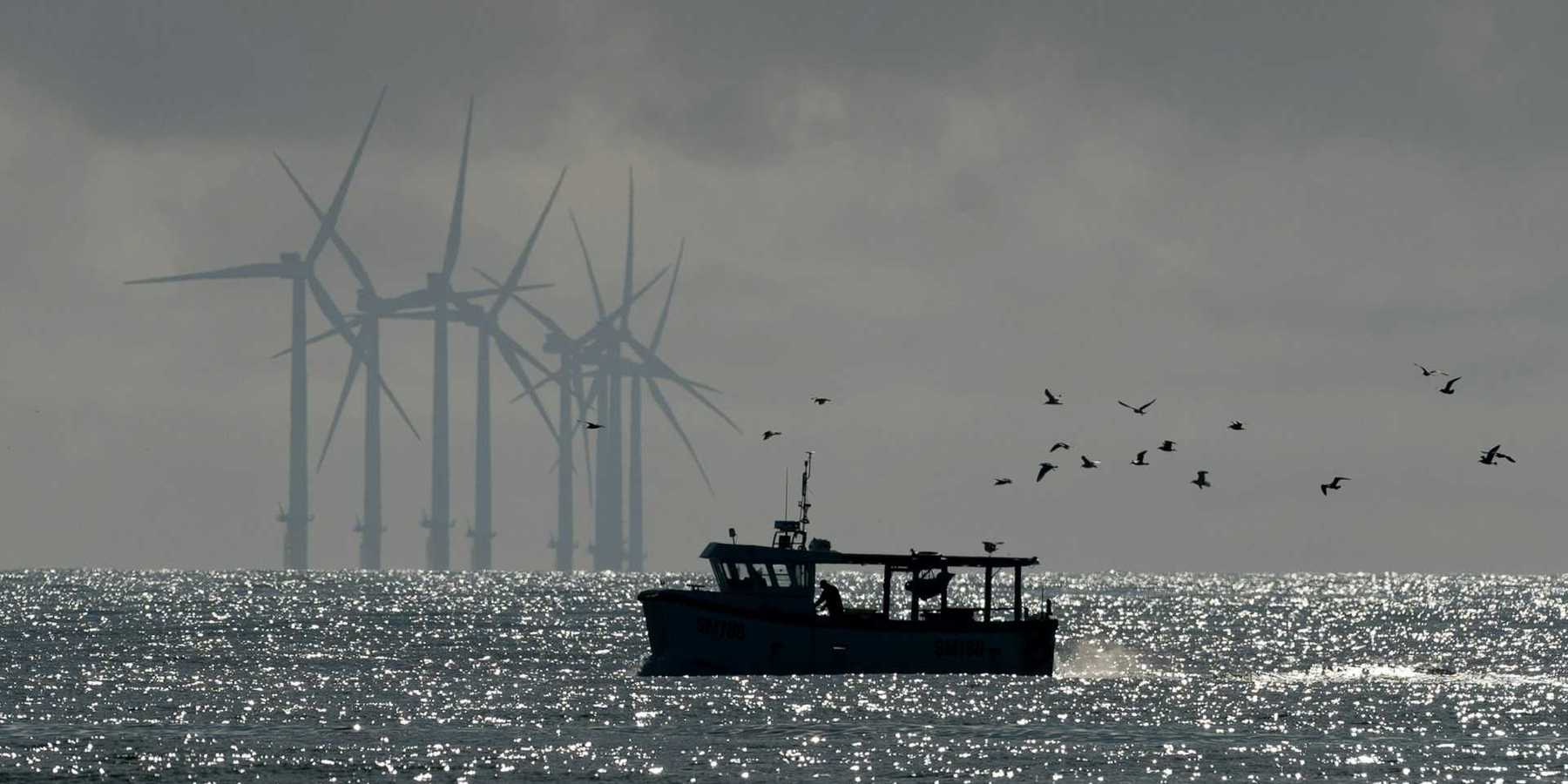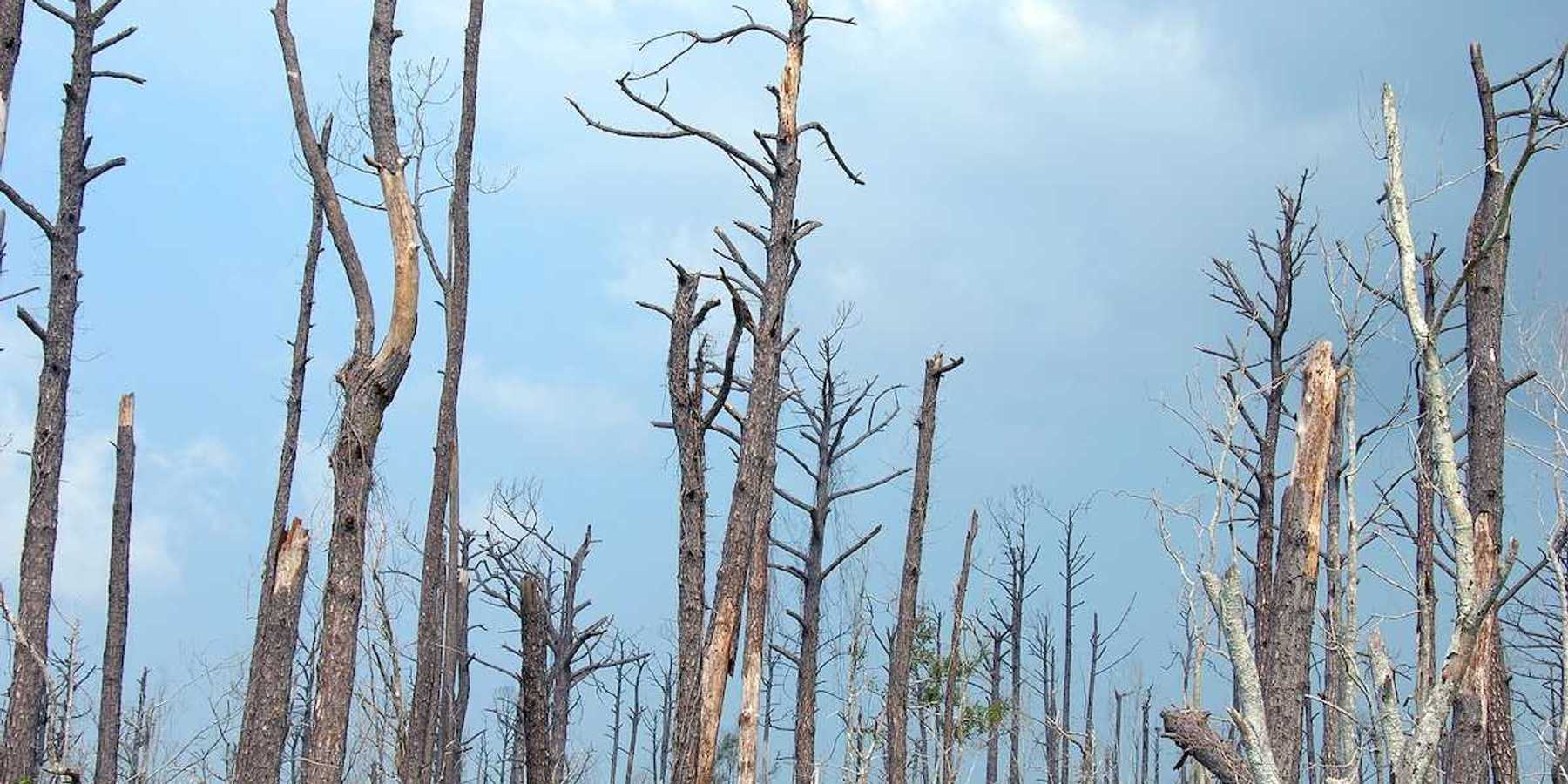Seagrass: A natural barrier against heavy metal pollution in Australia's waters
In a significant ecological discovery, seagrass meadows in Australia's Spencer Gulf have been found to trap thousands of tons of heavy metals, safeguarding marine environments.
Clare Watson reports for Hakai Magazine.
In short:
- Seagrass in Australia's largest estuary, the Spencer Gulf, has absorbed heavy metals from industrial pollution since 1889.
- The seagrass appears healthy, but risks like marine heatwaves or storms could release these metals back into the sea.
- This finding highlights the crucial role of seagrass in environmental protection and the need for its preservation amid climate change.
Key quote:
"It’s an environment we cannot lose. As long as the seagrasses are there, the metals are safe and trapped in the sediments."
— Anna Lafratta, marine ecologist, Edith Cowan University
Why this matters:
Beyond their role in pollution control, seagrass contributes significantly to the health of marine environments. They provide habitat for a diverse array of marine life, help maintain water clarity, and play a part in carbon sequestration, combatting climate change.
Marine heat waves are happening with increasing frequency as the planet warms and oceans absorb the bulk of that warming. Scientists are still learning how extreme weather like marine heat waves and storms may contribute to the release of toxic pollution sequestered by marine plants like sea grass.













